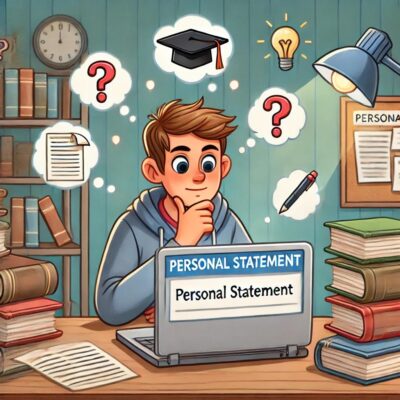10 Questions About Graduate School Personal Statements
Deciding to attend graduate school is a huge decision, and from the moment you begin this journey, it’ll be clear that your personal statement is the centerpiece of your application. More than any other single...



